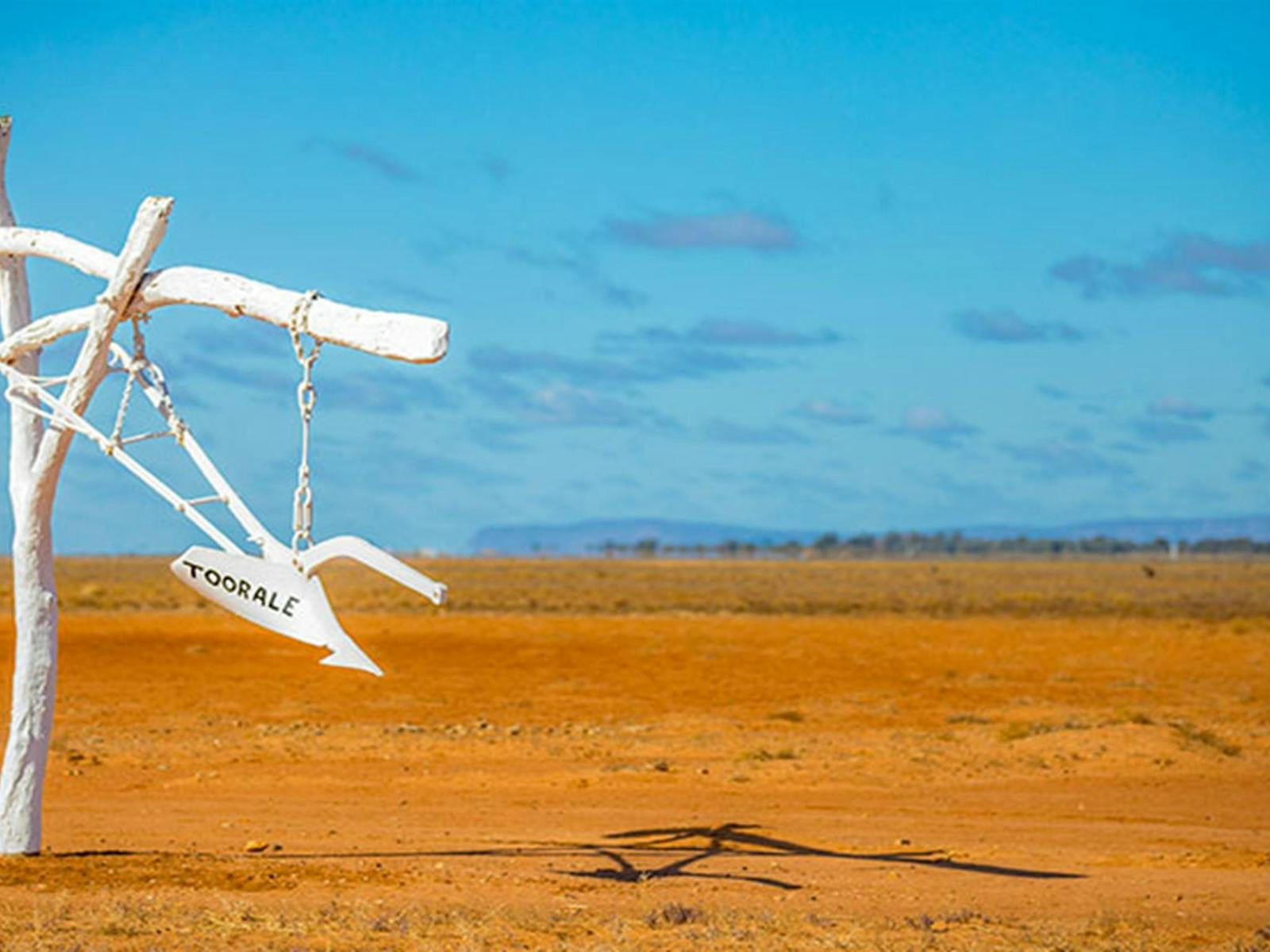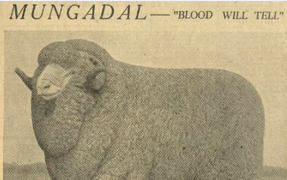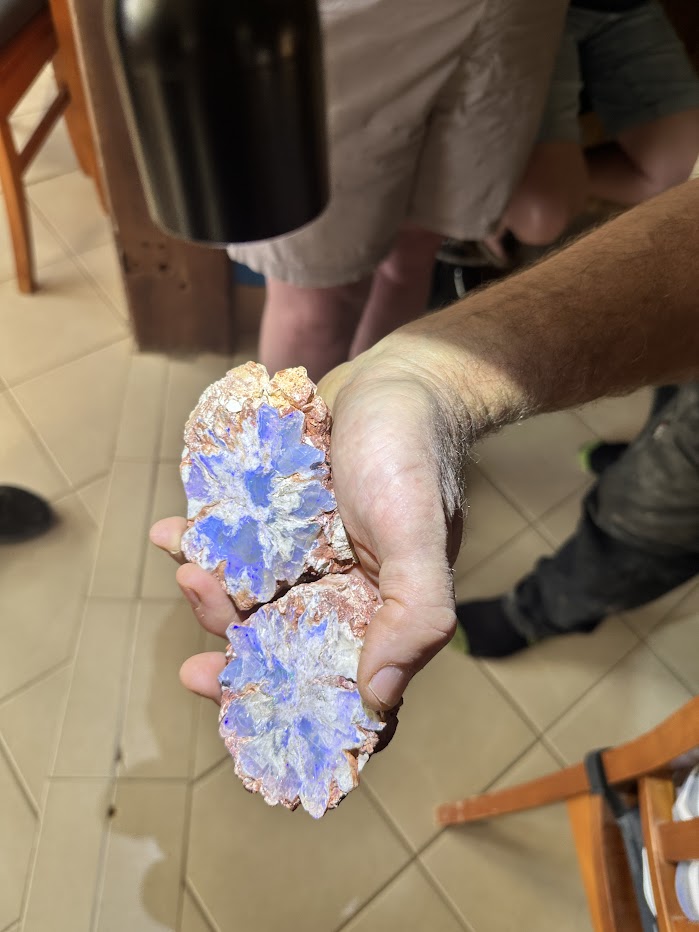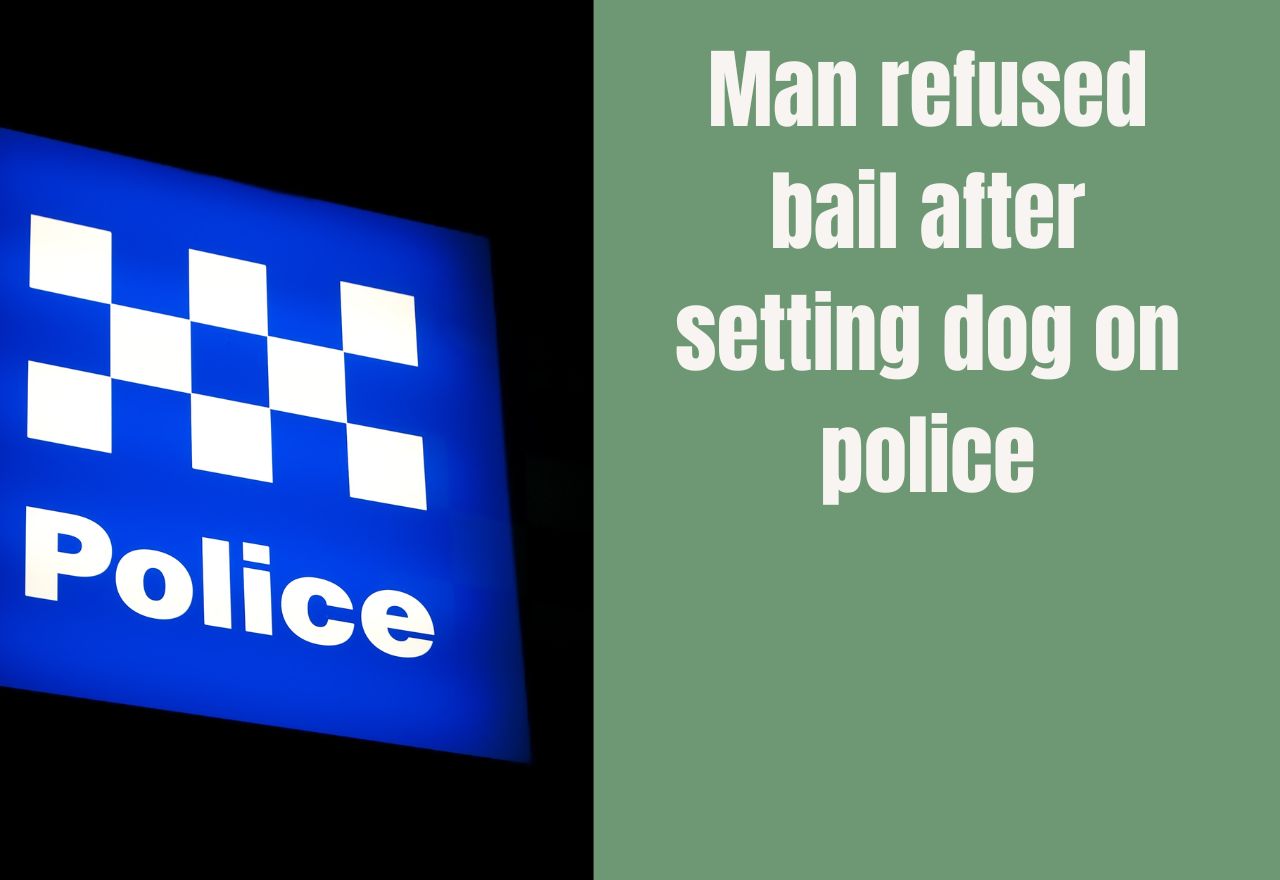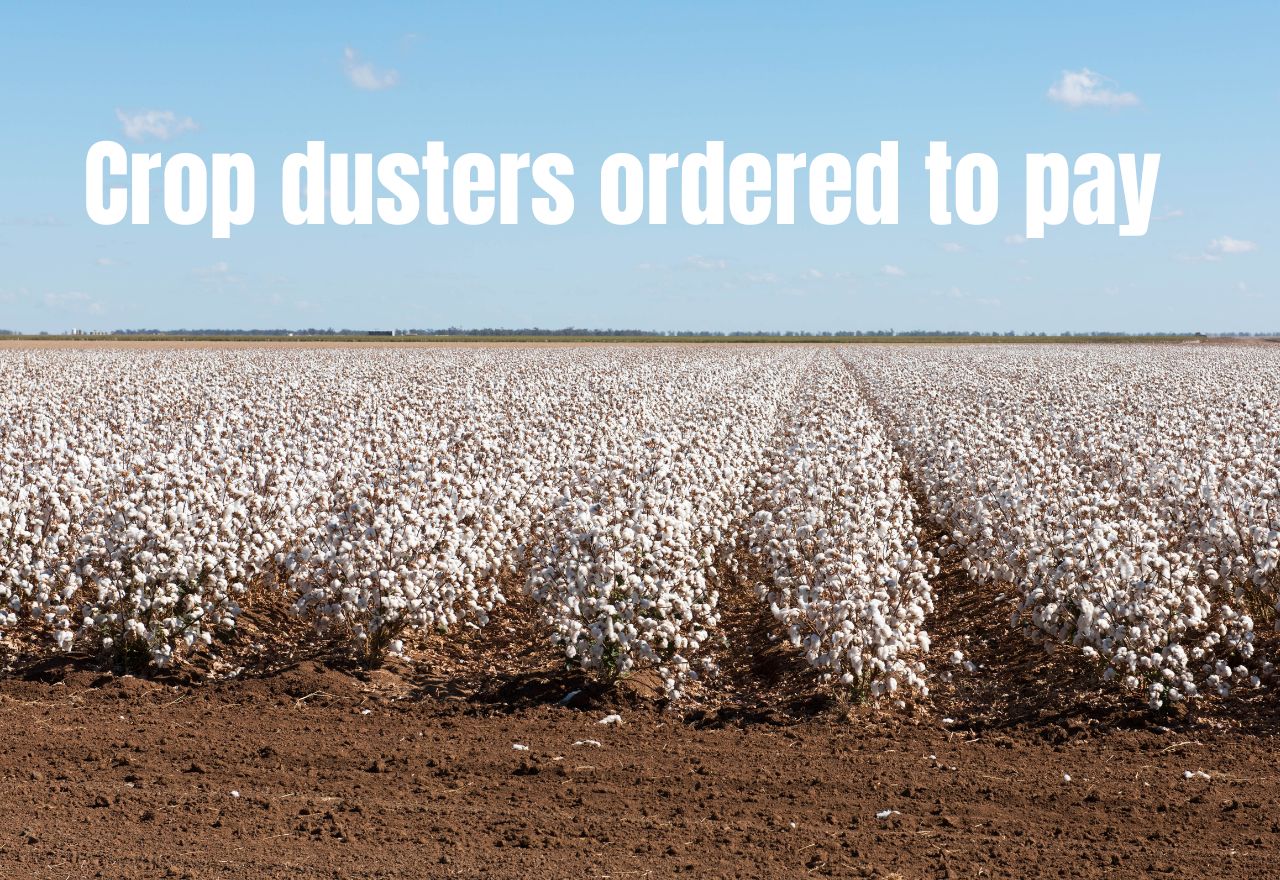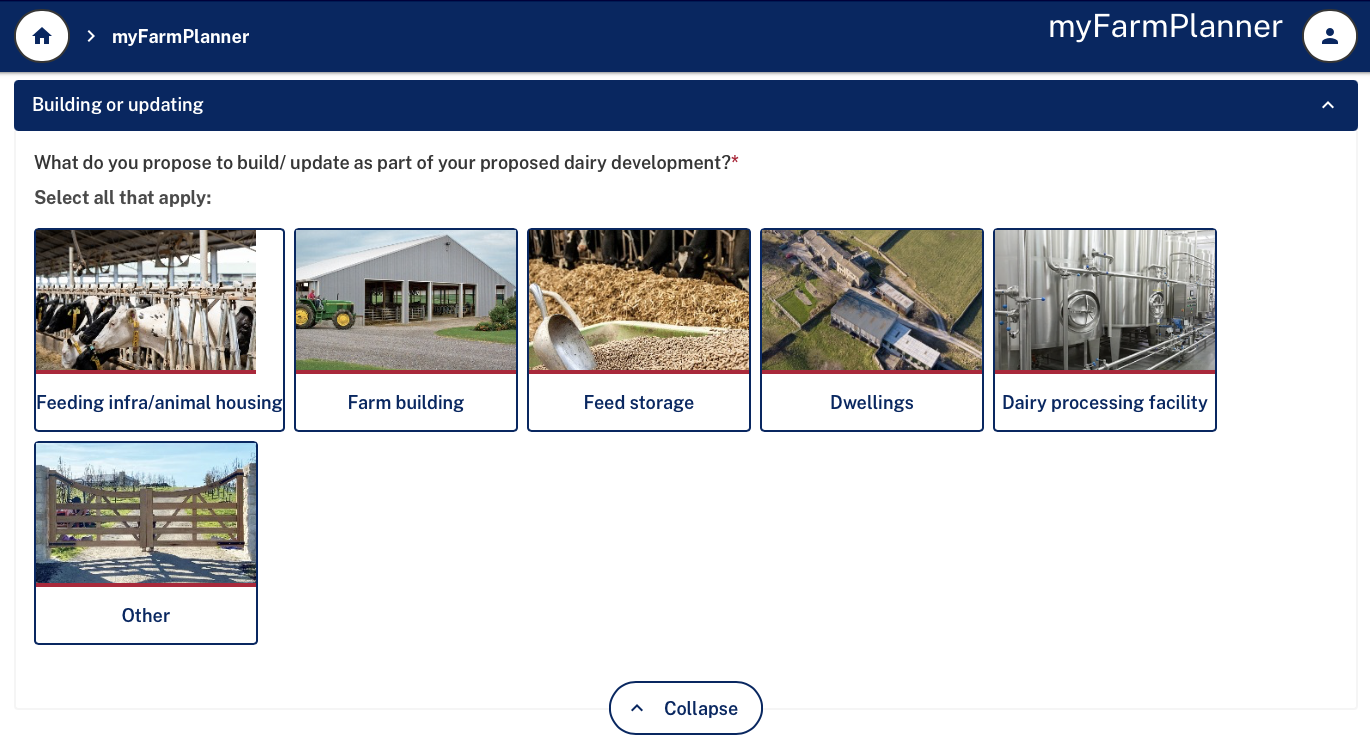Sir Samuel McCaughey, Toorale and Dunlop Stations’ part in Australian pastoral history
Krista Schade
10 October 2025, 8:00 PM
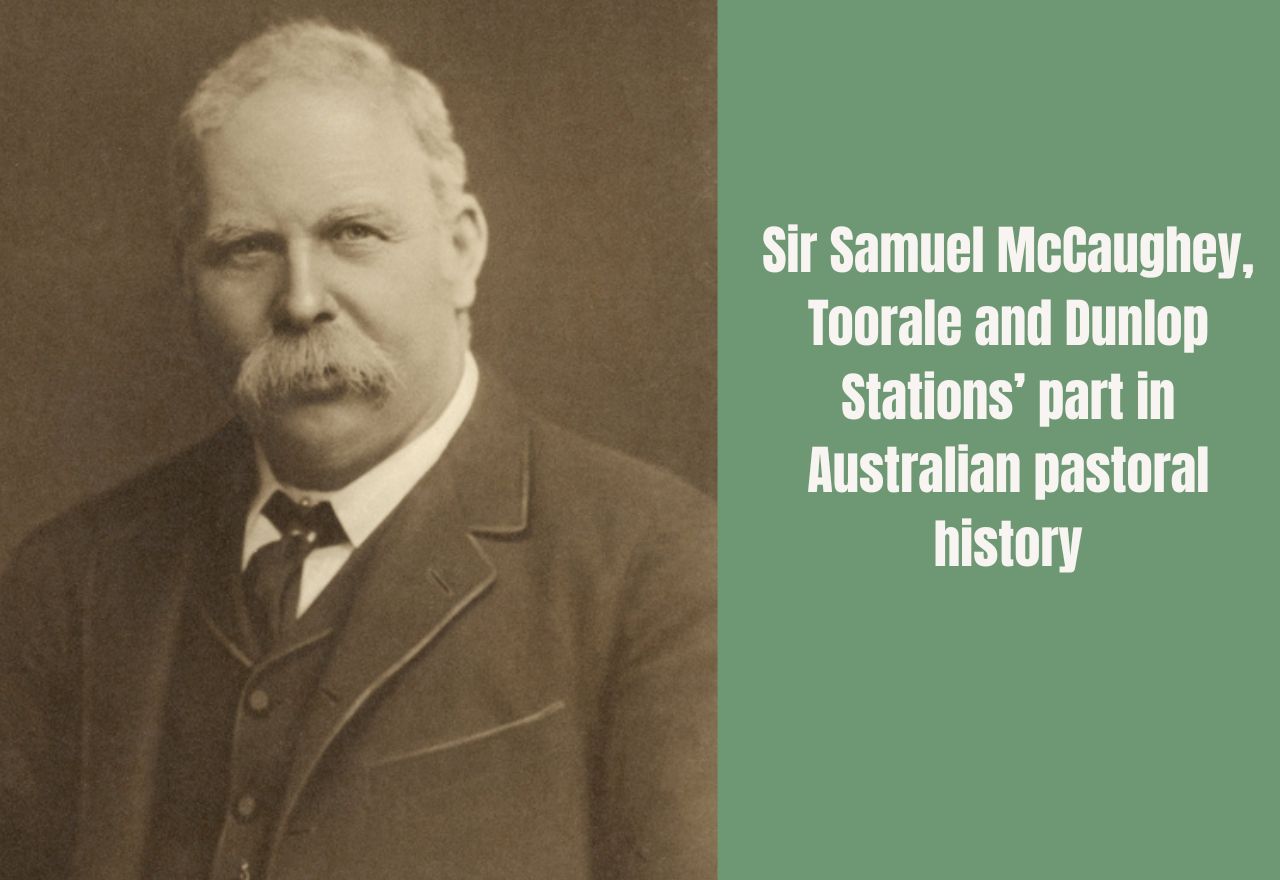
Located on the Darling River, Toorale and Dunlop Stations play a part in wider Australian history, having once been owned by the Sir Samuel McCaughey, who became a power figure across two sates and changed the face of agriculture in Australia.
Sir Samuel McCaughey (1835-1919) was an Irish-born pastoralist, entrepreneur, and philanthropist who became one of Australia's most innovative and successful landholders. He was known as "the Sheep King" and was a pioneer in many aspects of the pastoral industry, particularly water conservation and the adoption of new technology.
From Immigrant to Pastoralist
McCaughey arrived in Australia in 1856 from County Antrim, Ireland, at the age of 21. He began as a station hand and, with the backing of his relatives, eventually purchased a share in Coonong Station in the Riverina region of New South Wales in 1860. Through hard work and a keen eye for improvement, he became the sole owner of the property and expanded his holdings significantly. By the time of his death, he owned or had interests in numerous stations across New South Wales and Queensland, with a total area of about 1.3 million hectares.
Innovation and Modernisation
McCaughey was a visionary who regretted not having the opportunity to undertake an engineering course. He had a flair for mechanical appliances and was responsible for designing and improving many farm implements. His most significant contributions to the pastoral industry include:
Water Conservation and Irrigation: He was a passionate advocate for large-scale irrigation and is often referred to as "the Father of irrigation." He built dams and extensive channel systems to bring water to his properties, particularly on his North Yanco property. His success there encouraged the New South Wales government to build the Burrinjuck Dam and the Murrumbidgee Irrigation Scheme.
Technological Adoption: McCaughey was a key figure in modernising shearing practices. He introduced the Wolseley mechanical shearing machines to his properties, with Dunlop Station being the site of the first full station shearing using the new machines in 1888. He also adopted electric lighting at the Toorale Wool Scour in 1887, allowing for increased productivity through 24-hour operation.
Sheep Breeding: He was committed to improving the quality of Australian sheep, developing a famous merino stud by carefully breeding stock from various sources.
Toorale and Dunlop Stations
In 1880, McCaughey purchased Toorale and Dunlop stations from his uncle, Sir Samuel Wilson. He acquired Coree in 1881, later owned by his brother David. These massive properties, located on the Darling River near Bourke, were a significant addition to his landholdings. His brother, John McCaughey, was appointed manager of Toorale from 1881 to 1897. During his ownership, McCaughey implemented his innovative ideas, including the use of electric lighting and mechanical shears, making the stations centers of modern pastoralism.
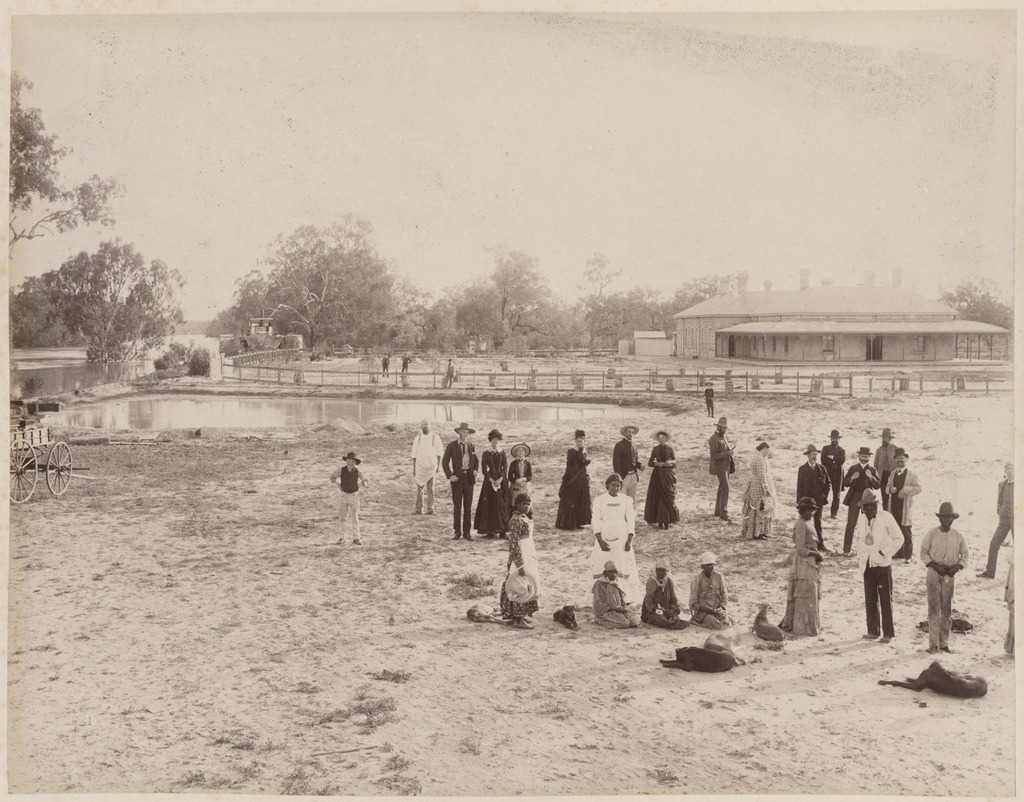
By National Library of Australia from Canberra, Australia - People gathered at the Dunlop Station homestead, Darling River, New South Wales.
Philanthropy and Legacy
McCaughey was a generous philanthropist who never married. After his death in 1919, his estate, valued at over £1.6 million, was divided into many bequests for charitable and educational purposes. He made significant donations to institutions like the University of Sydney and the University of Queensland, leading to the creation of various professorial chairs. He also contributed to the Dreadnought Fund, Dr Barnardo's Homes, the Red Cross, and other charities. His contributions were recognized in 1905 when he was knighted.
McCaughey was born on 1 July 1835 at Tullyneuh, near Ballymena, County Antrim, Ireland, the eldest son of Francis McCaughey, farmer and merchant, and his wife Eliza. After finishing school he learned accounting and office management in his father's linen business and worked on the farm.
He was persuaded by his uncle to try his luck in Australia and in April 1856 reached Melbourne. To save money he walked 200 miles (322 kilometres) to the Wilson property near Horsham. McCaughey started as a general station hand but soon became overseer. According to his biography, his genial Irish humour and kindness helped him to get the best from his men and maintain their goodwill.
In 1860 McCaughey's relations backed his purchase of a third share of Coonong, 42,000 acres (16,997 hectares) near Urana in the Riverina, in partnership with David Wilson and John Cochrane. Although they suffered such initial setbacks as the lack of water, McCaughey remained optimistic and in 1864 became sole owner. He brought water to Coonong by deepening Yanco Creek and building dams. In the 1860s he acquired Singorimba and Goolgumbla and by 1872 held 137,000 acres (55,443 ha). In 1871 he visited his widowed mother in Ireland and in 1874 brought out his brother David (1848-1899) to help in managing his properties.
McCaughey founded his stud in 1860 by buying from James Cochrane of Widegewa old ewes descended from Tasmanian pure Saxon merinos. He later experimented with Silesian merinos from the flock of Prince Lichnowski and in 1866 with two Ercildoune rams from his uncle, Samuel Wilson. In 1873-75 McCaughey bought over 3000 rams from N. P. Bayly of Havilah, and some from Ercildoune and other well-known studs. To improve quality, he spared no expense in fencing and subdividing his paddocks.
By 1883 the Coonong stud was one of the best in the Riverina. In that year, anxious to increase the weight of his wool, he bought ten Californian merinos and was so satisfied with the results that he visited America in 1886 and secured 120 ewes and 92 of the finest rams in the state of Vermont; six months later he selected 310 more Vermonts. The weight of the wool increased dramatically and for years the greasy, wrinkled Vermont sheep were invincible in shows. In 1879 only one of his stud rams had cut 16 lbs. of wool but by 1891, 200 of them averaged 30 lbs. After severe losses in the 1902 drought McCaughey returned to Peppin blood from Wanganella, but Australian sheep breeders have had great difficulty in eradicating the Vermont strain. For many years McCaughey was vice-president of the New South Wales Sheepbreeders' Association.
One of the first to see the advantages of widespread irrigation, McCaughey brought out Irish labourers who did not mind wet and boggy conditions. McCaughey was frustrated in his efforts to get more water for Coonong from dams on Colombo Creek when in 1898 he and his brother were sued in the Supreme Court by six down-stream graziers. In Blackwood v. McCaughey the jury awarded £2000 damages to the plaintiff and limited the height of the dams.
On 15 June the other plaintiffs were compensated with £10,000 while McCaughey paid £17,000 in legal costs. In 1900 he bought North Yanco where he constructed a complex irrigation system with some 200 miles (322 km) of channels and used two steam engines to pump water from the Murrumbidgee; his success persuaded the government to build the Burrinjuck dam which was completed in 1927. He built a magnificent mansion at North Yanco and was famed for his hospitality.
In 1899 (Sir) George Reid appointed McCaughey and eleven others to the Legislative Council to secure the passage of the Federation enabling bill. He had no strong political leanings but his experience and knowledge of land were valued and he advocated large-scale immigration. He donated £10,000 to a fund for sending a bushmen's contingent to the Boer war. In 1905 he was knighted and visited Europe. He visited Louis Pasteur and tried in vain to obtain an efficient means of exterminating plagues of rabbits.
As a great philanthropist, McCaughey was always ready to help people in trouble on the land. He contributed £10,000 to the Dreadnought Fund and another £10,000 to Dr Barnardo's Homes. In World War I he gave liberally to the Red Cross and other war charities besides insuring 500 soldiers at £200 each.
After long suffering from nephritis, a disease of the kidneys, he died from heart failure on 25 July 1919. Unmarried he was buried in the churchyard of St John's Presbyterian Church, Narrandera.
His estate was sworn for probate at over £1,600,000. Apart from bequests of £200,000 and all his motor vehicles to his brother John and legacies to his station managers and employees, he left £10,000 to increase the stipends of Presbyterian clergy, £20,000 to the Burnside Orphan Homes at Parramatta, £20,000 to Scots College in Sydney, £10,000 each to five other independent schools, £5000 to the Salvation Army and £5000 each to seven hospitals.
Half the residue of his estate went to the Universities of Sydney and Queensland; the other half went to the relief of members of the Australian Military and Naval Expeditionary Forces and their widows and children.
COMMUNITY
VISIT OUTBACK NSW
VISIT BALRANALD
VISIT HAY
NEWS
